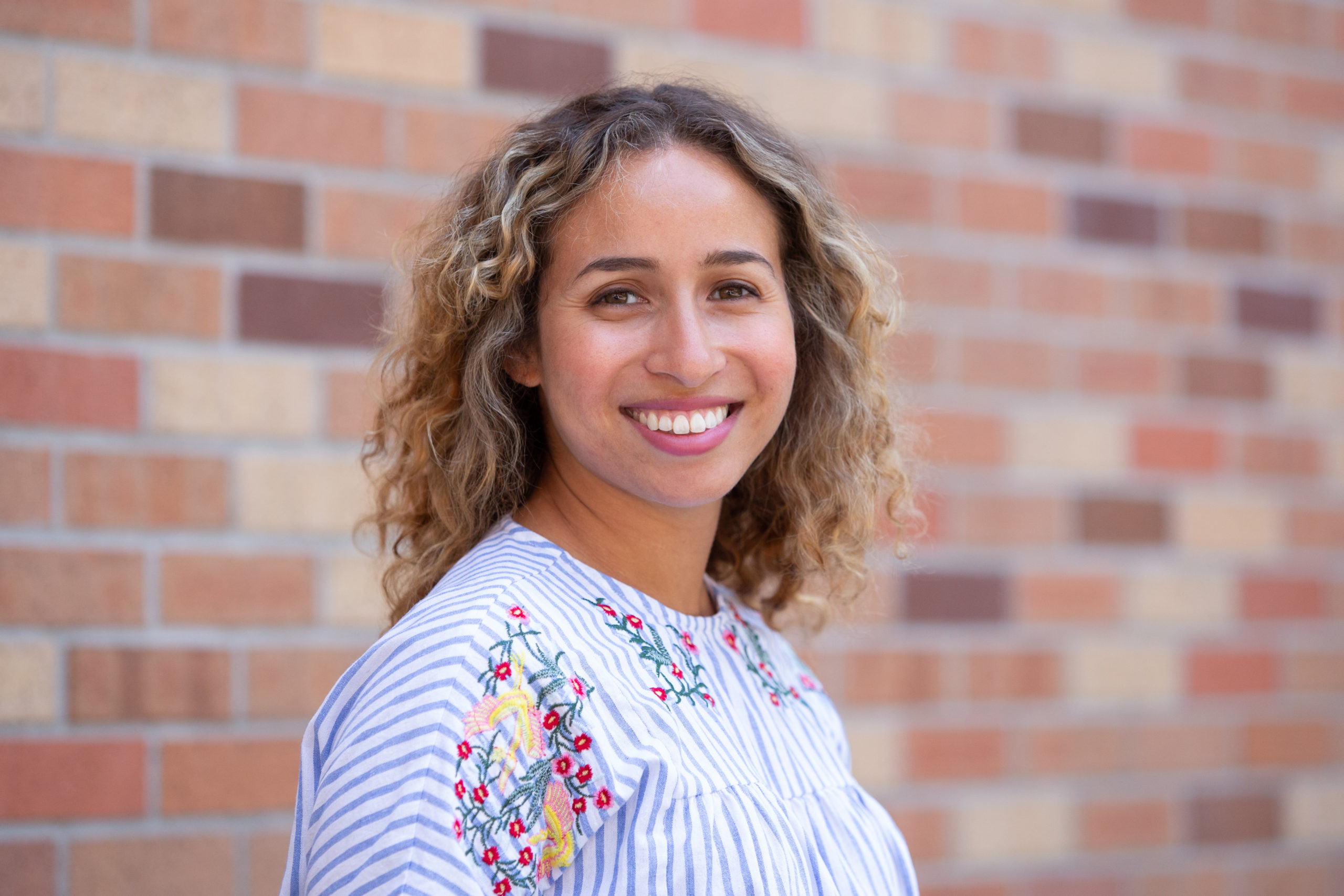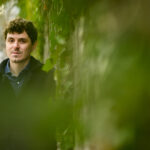Departments In This Story
Tell us about your role at CBS Interactive!
I am a Podcast Production Strategist for CBS Interactive, but more specifically CNET, and technology news. I really like my job working for CNET; it’s an incredibly creative and collaborative work environment at a company that invests heavily in their employees’ professional growth and work-life balance, which keeps us motivated to keep telling great stories.
My role is relatively new. When I started working for CNET in June 2019, they only had one or two regular podcasts that were published on a consistent schedule with a consistent topic and host. They were looking for someone to help them break into the podcast landscape, as they never really took the time to invest in the medium. Now, CNET has three weekly podcasts and three daily podcasts, four of which I helped launch and one I host.
How did your degree from NU prepare you for this role?
I’m a little embarrassed to say this, but I didn’t really listen to podcasts until I attended grad school at Northeastern. I had always vaguely known about them, but never took the time to really explore what was out there. Serial was the first podcast I listened to, and that was only because of an assignment from our professor, Dina Kraft. Afterwards, we had to create a short five-minute audio piece.
I fell in love with the audio storytelling at Northeastern.
It’s just an intimate medium, where hosts can truly build a relationship with their listener and tell stories that fully immerse them into a story. I had worked in print, broadcast, documentary filmmaking, and interactive media; but once I started learning about audio, as a journalist, I knew that was the medium for me.
Tell us about Making Space: The Female Frontier.
Making Space: The Female Frontier is a six-part, limited-series podcast about the women who helped shape space discovery and exploration but were never fully recognized or consistently overlooked because of their gender.
Claire Reilly, the show’s host, had the idea about a year before the podcast launched. CNET had never created a highly produced, narrative show like this before, so it took a little convincing for them to get on board. I came onto the project after the pilot had been produced by our stellar audio engineer, Stephen Beacham. But it was just the three of us. And it was a lot of work. We had to create the editorial calendar, production calendar, book our guests, conduct interviews, source archival material, and write and rewrite the scripts – that was on top of all our regular duties. So it was very grueling, but ultimately so rewarding to tell these women’s stories and bring them to life.
I learned a lot from Making Space. On the business side of things, I learned how to find a sponsor, apply to get promotion from Apple Podcast, and when to loop in the marketing team. On the production side, I learned so much from our audio engineer about layering sound and when to pull back. I also learned so much about space! Did you know in the 1960s, there was a secret astronaut training program for women, but that never actually sent them into space?
Do you have any advice for current Journalism students?
Create your own body of work outside of class assignments – whether you’re a data journalist, a film producer, work with interactive media, etc. – always be working on something. Don’t be afraid to pitch stories to a variety of outlets. If you can’t find one to publish your work, create a place where you can showcase it.
Be sure to experiment! Get outside your comfort zone of storytelling, learn new software, collaborate with a classmate. Use the time you have now as a student, before you’re a full time employee to really enhance your skills as a journalist. Whether that’s through an internship or a personal project, just play with storytelling; you’ll never know where it’ll take you.





